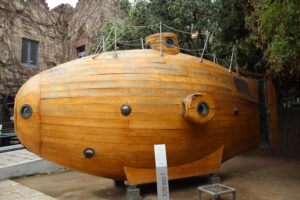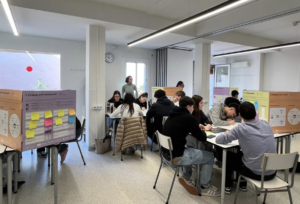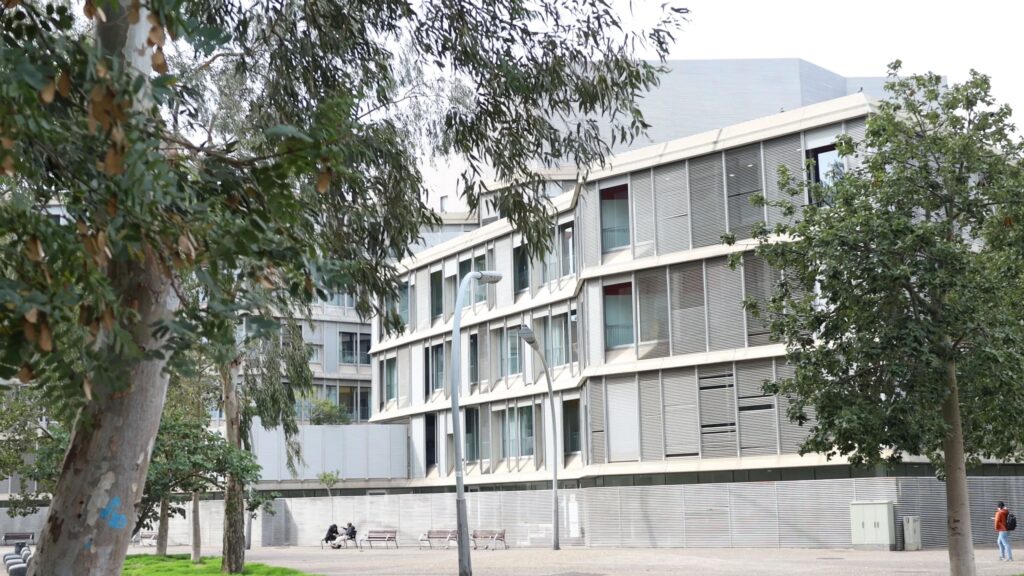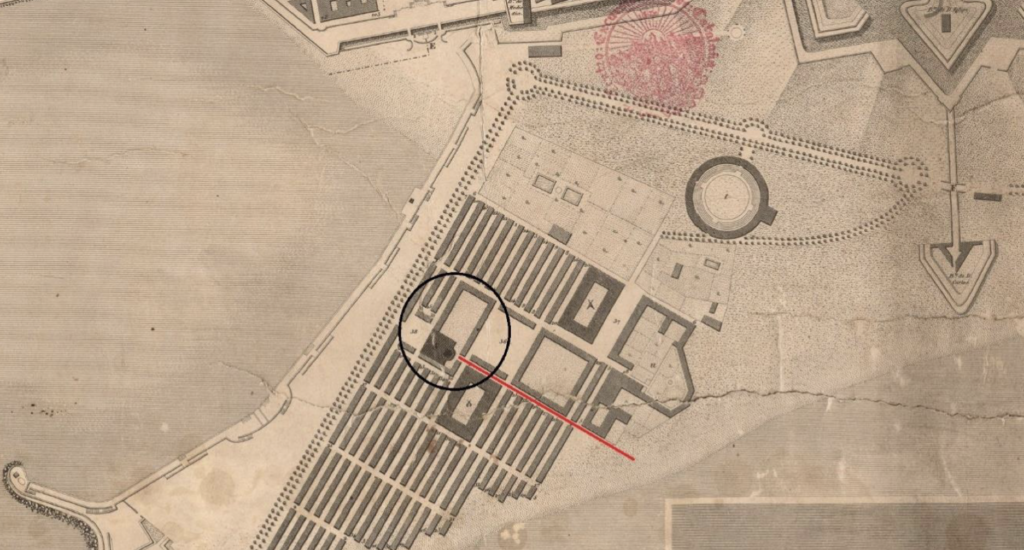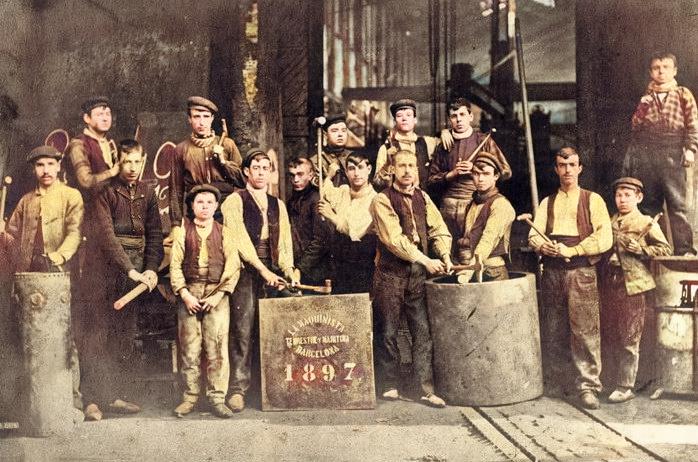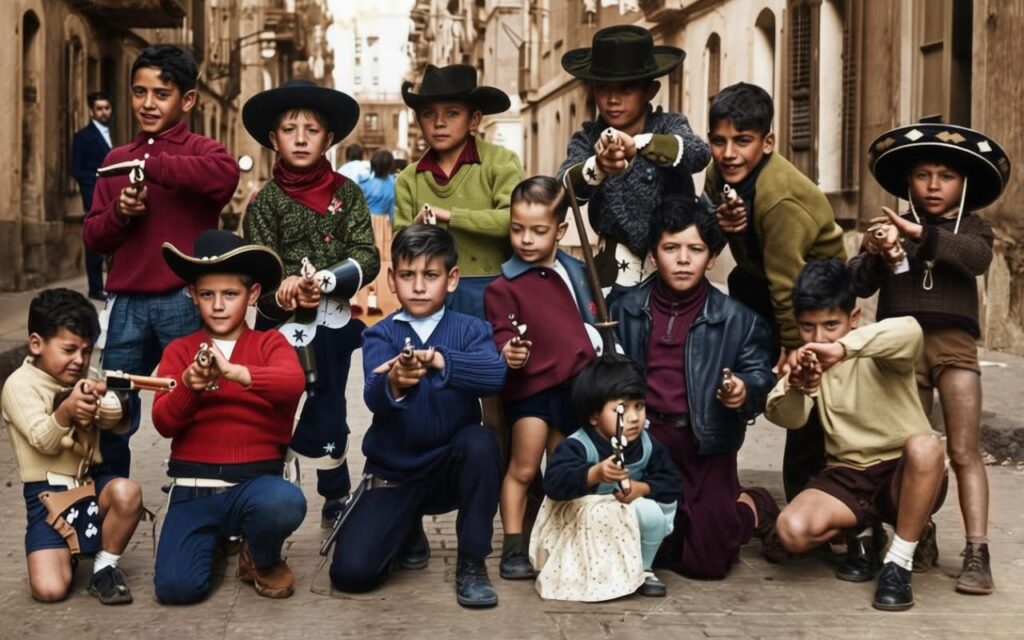Behind scientific research there are complex processes from start to finish, which generate numerous stories. Therefore, communicating the processes and results of research to society requires rigorous journalistic work, as Carolina Llorente, coordinator of the Center for Science, Communication and Society Studies ( CCS) of the Department of Medicine and Sciences, explains.
Here is where the FRONTIERS project was born , financed by the European Commission, and from the CCS with Gema Revuelta as director of the center and main researcher of this project.
For the first time, a project of this size is being launched, Llorente comments with pride. FRONTIERS aims to create a series of residencies of between 3 to 5 months so that scientific journalists can be in the centers where frontier research is carried out, that is, research that addresses complex issues that generate new paradigms towards the approach of new science disciplines.
The CCS, as a reference center in the professionalization of Science Communication, will be in charge of tasks related to the training of science journalists. During their stay, journalists will be able to dedicate themselves in depth to the research topics, they will have a place within the center, they will be able to interact with the research teams, see how the experiments are carried out and talk with the people involved in the institution.
Basically, they will know and experience first-hand the operation of a center and its research. It will be an enriching synergy in which both journalists and researchers will have the opportunity to understand the needs and processes of both professions. In addition, they will be able to value the importance of generating collective work between journalists and researchers.
“The final objective of this project is to improve scientific communication and that the communication of frontier science is treated with the rigor and quality it needs, maintaining journalistic freedom to generate new, innovative and different products to reach the society.” concludes Llorente.
